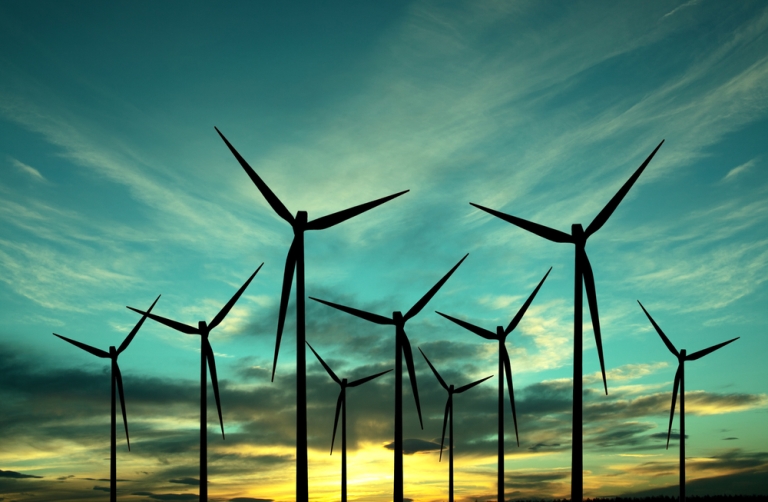In Nigeria, discontent among electricity consumers is brewing as Band A prioritization by distribution companies (DisCos) exacerbates supply shortages for consumers in lower tariff bands.
The move follows the Nigerian Electricity Regulatory Commission’s (NERC) decision to increase tariffs for customers in Band A, prompting DisCos to focus on meeting the needs of Band A customers to avoid sanctions.
Band A customers, who typically receive 20 to 24 hours of electricity supply daily, are now benefiting at the expense of consumers in Bands C, D, and E, who experience significant reductions in power supply.
The situation has ignited frustration among these consumers, who feel marginalized and neglected by DisCos.
Daily Trust investigations reveal that many consumers in lower tariff bands are experiencing prolonged power outages, despite their expectations of a minimum supply duration.
Residents like Christy Emmanuel from Lugbe, Abuja, and Damilola Akanbi from Life Camp are lamenting receiving less than the promised hours of electricity, rendering it ineffective for their daily needs.
Adding to the challenge is the low electricity generation, forcing DisCos to ration power across the grid.
As of recent records, only 3,265 megawatts were available, leading to further difficulties in meeting the demands of all consumers.
The prioritization of Band A customers has been confirmed by officials from DisCos, citing directives from the government to avoid sanctions from NERC.
An anonymous official from the Kaduna Electricity Distribution Company highlighted the pressure from the government to ensure Band A customers receive the required supply, even if it means neglecting other bands.
Meanwhile, the Transmission Company of Nigeria (TCN) has denied reports blaming it for power shortages to Band A customers. General Manager Ndidi Mbah clarified that recent outages were due to technical faults and adverse weather conditions, outside of TCN’s control.
Experts have criticized the DisCos’ prioritization strategy, arguing that it neglects the needs of consumers in lower tariff bands. Bode Fadipe, CEO of Sage Consulting & Communications, emphasized that DisCos cannot ignore the financial contributions from these bands, which sustain the sector.
Chinedu Amah, founder of Spark Nigeria, urged for optimized supply across all bands, emphasizing the importance of improving service levels for all consumers.
As discontent grows among electricity consumers, calls for fair distribution of power and equitable treatment from DisCos are gaining momentum.
The situation underscores the need for regulatory intervention to address the concerns of all stakeholders and ensure a balanced approach to electricity distribution in Nigeria

 Forex2 weeks ago
Forex2 weeks ago


 Naira1 week ago
Naira1 week ago
 Naira4 weeks ago
Naira4 weeks ago
 Company News4 weeks ago
Company News4 weeks ago




 Naira1 week ago
Naira1 week ago




 Naira3 weeks ago
Naira3 weeks ago
 Billionaire Watch1 week ago
Billionaire Watch1 week ago




 Naira6 days ago
Naira6 days ago






















